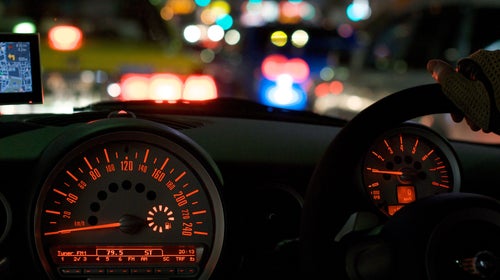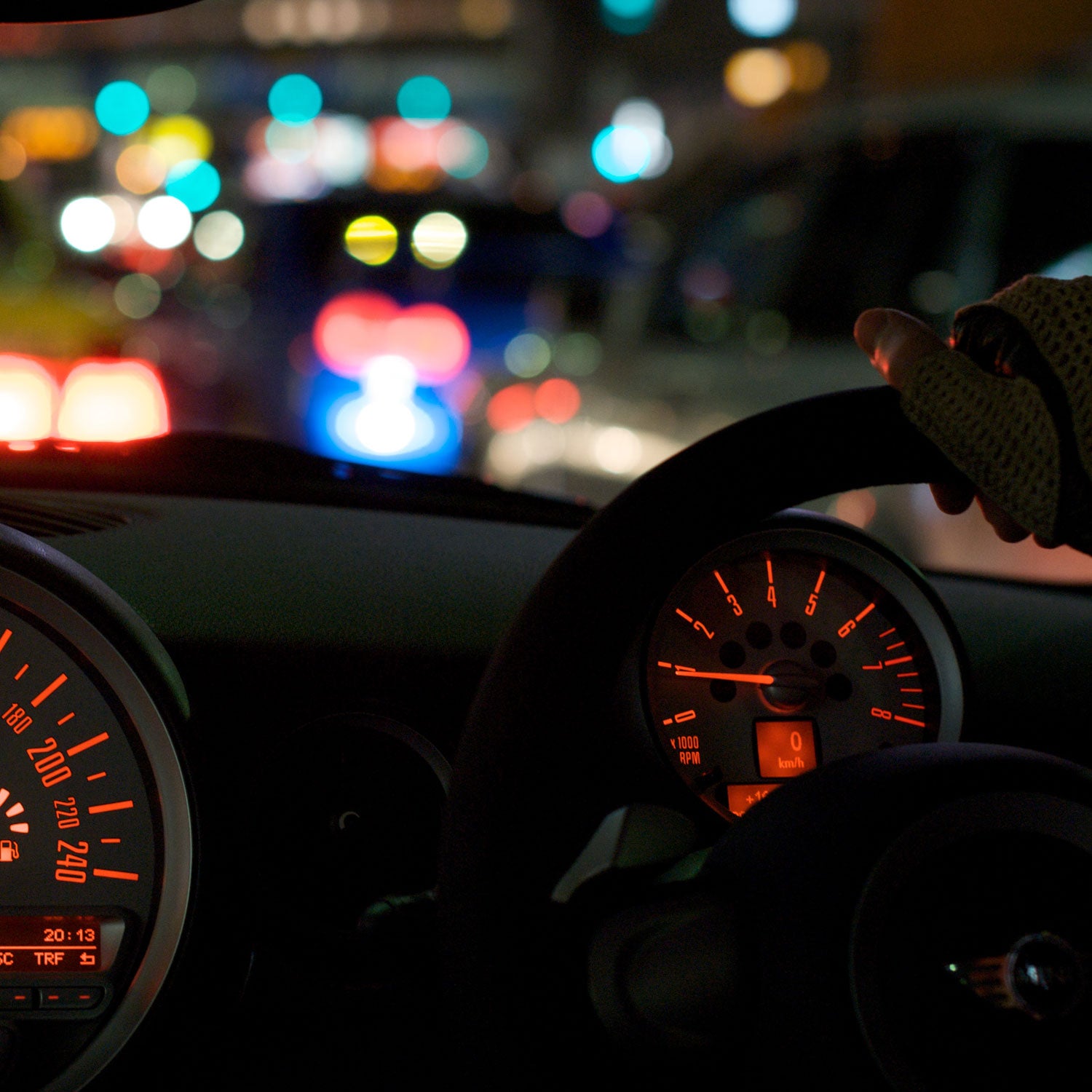Recent news that , facing the driver, has led to fears that the car rental agency could be creeping on its clients.
The cameras have been in the cars for about a year but weren’t publically addressed until a in the Telegraph picked up on Hertz renters complaining in online forums. Then, despite a hasty reassurance from Hertz that the cameras were meant only to improve customer service and, as of yet, , surveillance paranoia set in.
Main Street between Hertz and certain small, independent agencies that track GPS data—to determine, for instance, if a customer is driving too fast, off-road, or across borders. CNET that Hertz could similarly use video surveillance against drivers who violate its policies.
It all sounds feasible, but let’s put down the torches and pitchforks and consider these accusations a little more realistically. “Tracking to see if a few people are misusing the car is not worth our time and money,” says Richard Broome, vice president of corporate affairs and communications at Hertz. The real intent for the cameras, Broome said, would be for customers to talk face-to-face with a service rep. If and when the cameras begin working—as of now there’s no timeframe for activating them—a driver will be able to speak to a customer service rep directly through the car if they get into an accident, break down, or become lost. No cellphone required.
The controversy illustrates a point that has become increasingly clear as traditional businesses go digital: Quality customer service is inseparably tied up with privacy.
Besides, he says, the camera has a : It only works when the driver willingly turns it on.
So Hertz says it isn’t spying. And it probably isn’t, because consent laws protect consumers in these cases. Legally, rental companies may use cameras or GPS data as they please, including selling that information, so long as customers are well notified beforehand. “If it’s not clearly explained, they’re going to be violating people’s reasonable expectation of privacy,” says Paul Bland, executive director of , a public advocacy law firm.
That should mean no fine print, which isn’t necessary now since the cameras are inoperable. But the controversy illustrates a point that has become increasingly clear as traditional businesses go digital: Quality customer service is inseparably tied up with privacy. The in-car camera feature would be only a small addition to Hertz’s , which seeks to unify digital platforms.
Through NeverLost, you can plan your itinerary at home, plug your driving destination into the cloud, and access it on the dashboard navigator. It makes for a seamless user experience—but it also requires giving more data to the rental company. Its system collects more than the standard credit card and ID info: It knows exactly where you plan to be, when, and, perhaps in the near future, how you look along the way.
That means Hertz is taking a risk. On the one hand, Hertz could be pioneering a new system in navigational safety, but on the other, as with any new technology—especially one perceived as invasive to privacy—the company runs the risk of rejection by the market.


